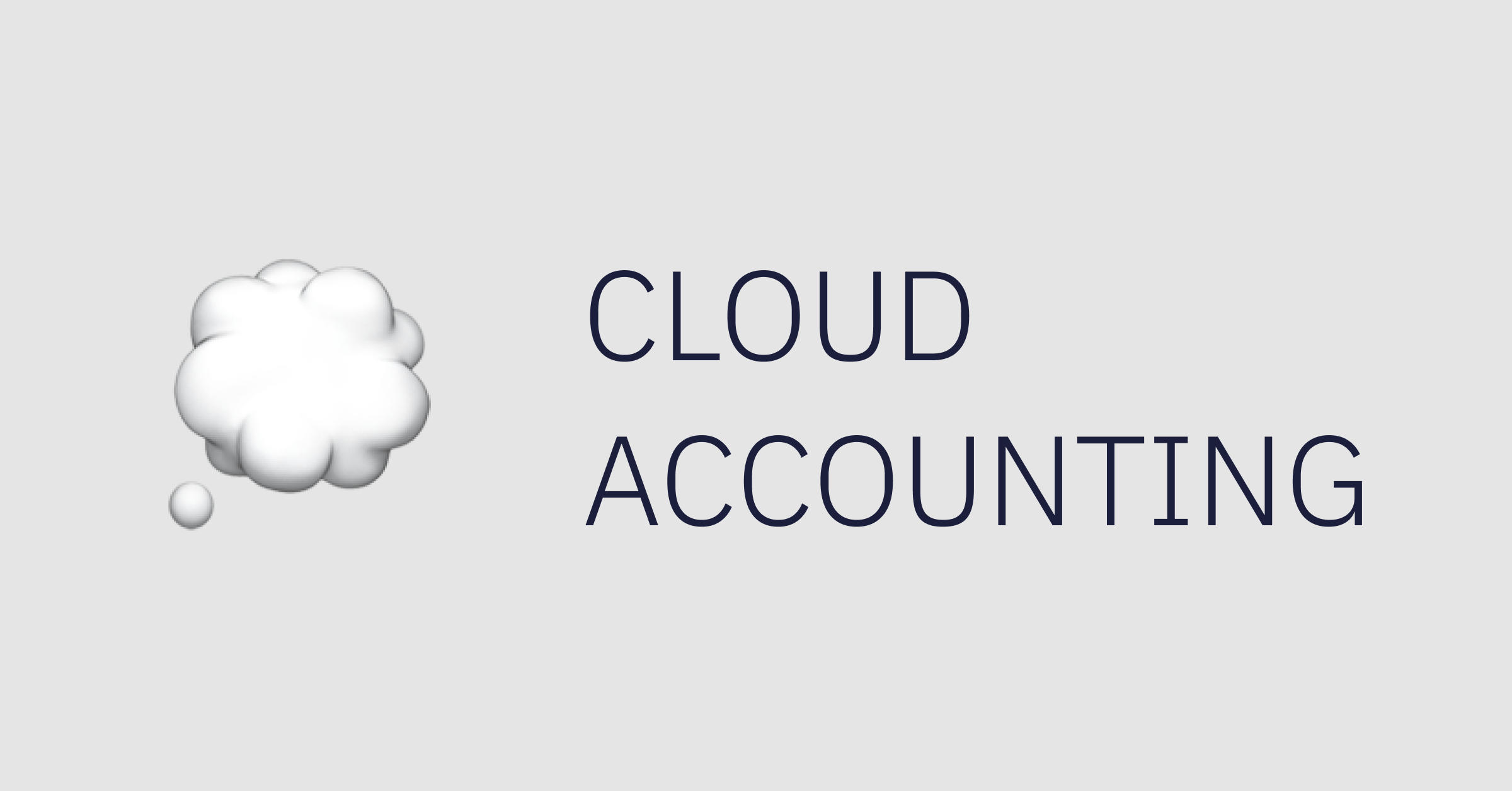Internal Auditor in UAE
Internal auditing plays a crucial role in ensuring the smooth and efficient operation of businesses, especially in a dynamic and rapidly growing market like the United Arab Emirates (UAE). As organizations in the UAE expand, diversify, and navigate complex regulatory landscapes, the need for a robust internal audit function becomes increasingly important. This article explores the significance of internal auditing in the UAE, its key functions, and how it supports organizational governance, risk management, and compliance.
Internal auditing plays a crucial role in ensuring the smooth and efficient operation of businesses, especially in a dynamic and rapidly growing market like the United Arab Emirates (UAE). As organizations in the UAE expand, diversify, and navigate complex regulatory landscapes, the need for a robust internal audit function becomes increasingly important. This article explores the significance of internal auditing in the UAE, its key functions, and how it supports organizational governance, risk management, and compliance.
1. Importance of Internal Audit in the UAE
Risk Management: Internal audits are crucial in identifying and mitigating risks within an organization. In the UAE, where businesses operate in a dynamic and fast-evolving market, internal audits help in safeguarding assets and ensuring compliance with laws and regulations.
Regulatory Compliance: With the introduction of various regulatory frameworks such as VATand Economic Substance Regulations (ESR), internal audits ensure that companies adhere to these requirements, avoiding penalties and maintaining good standing with authorities.
2. Role in Enhancing Operational Efficiency
Process Improvement: Internal auditors assess the effectiveness of internal controls and processes, providing recommendations for improvement. This leads to enhanced operational efficiency and cost savings.
Fraud Detection and Prevention: Through thorough examination of financial records and operational procedures, internal audits help in detecting and preventing fraud, which is critical in maintaining the integrity of business operations.
3. Supporting Corporate Governance
Transparency and Accountability: Internal audits promote transparency and accountability within organizations by ensuring that financial reporting and operational activities are accurate and reliable.
Strategic Decision-Making: By providing insights into the effectiveness of internal controls and risk management strategies, internal audits support management in making informed strategic decisions.
4. Adapting to Technological Advancements
Digital Transformation: As businesses in the UAE increasingly adopt digital technologies, internal audits have evolved to address the risks and opportunities associated with digital transformation. This includes assessing cybersecurity measures and data protection protocols.
Continuous Auditing: The use of advanced analytics and continuous auditing techniques allows for real-time monitoring of business activities, enabling quicker identification of issues and more agile responses.
5. Conclusion
Internal audit plays a vital role in the UAE’s business environment by enhancing risk management, operational efficiency, corporate governance, and adapting to technological advancements. It is an indispensable tool for organizations aiming to thrive in the competitive and regulated landscape of the UAE.














































